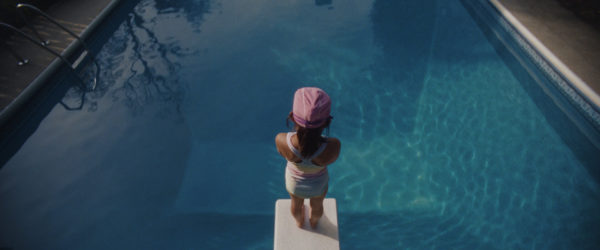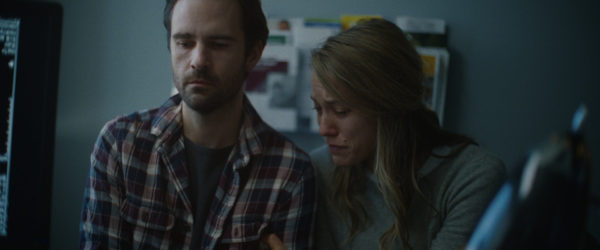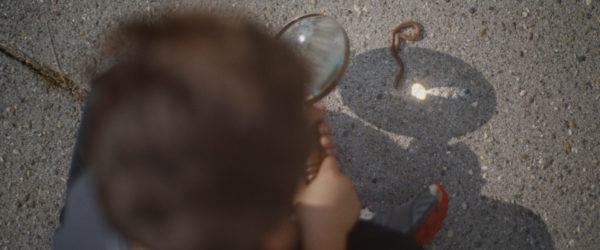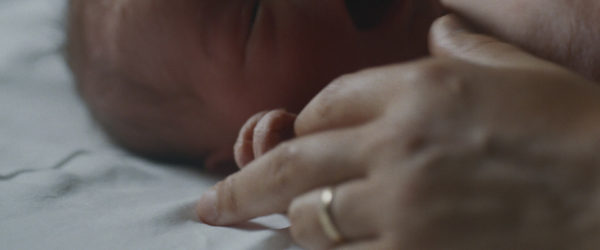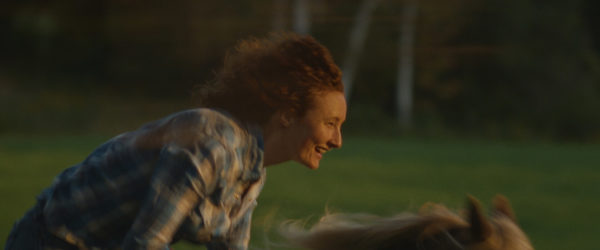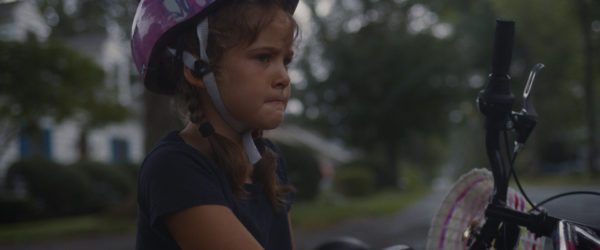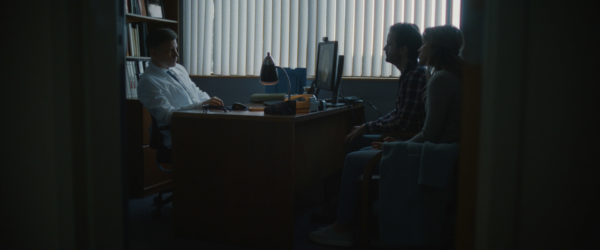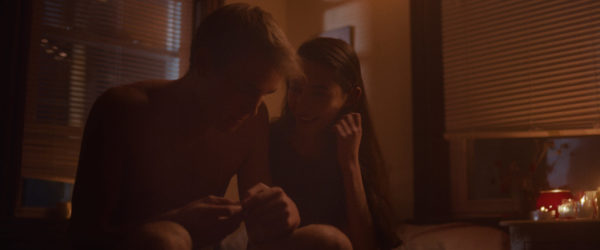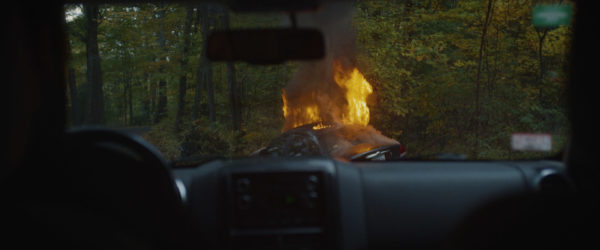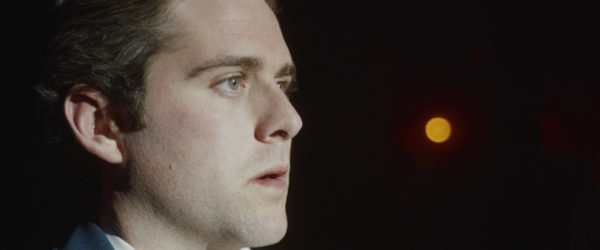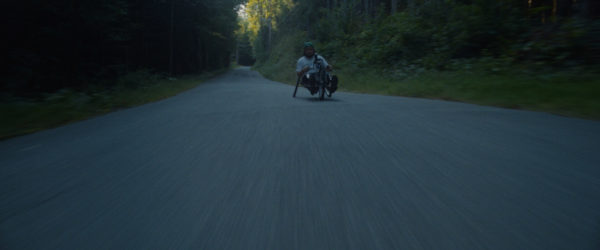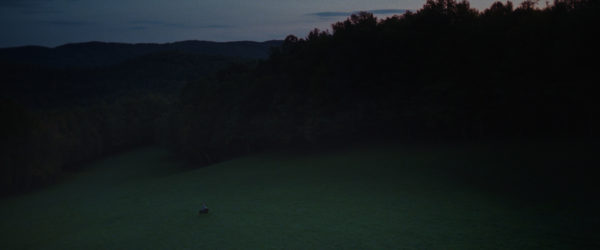Behind the Scenes
An Audience of One: A Look Behind Michael Marantz’s Intimate Short Film.
Michael Marantz is a multi-talented creative and director who’s directed for brands like Facebook, Google and Verizon, he’s amassed 11 Vimeo staff picks and won numerous awards for his short films.
But when you take a step back and look at his films, specifically his personal work there is always an underlying message of hope, or bringing awareness to a situation, there is always a purpose. His new film To My Child is in some ways no different, but instead of being created for a broader audience this film was made specifically for Michael’s son Orion.
”I'm not going to tell you what to do. You're going to need to make that decision for yourself.
Even though its goal is singular, its a film that we can experience and learn from. We were thrilled to sit down with Michael and hear a bit more about this unique project and the intent behind it.
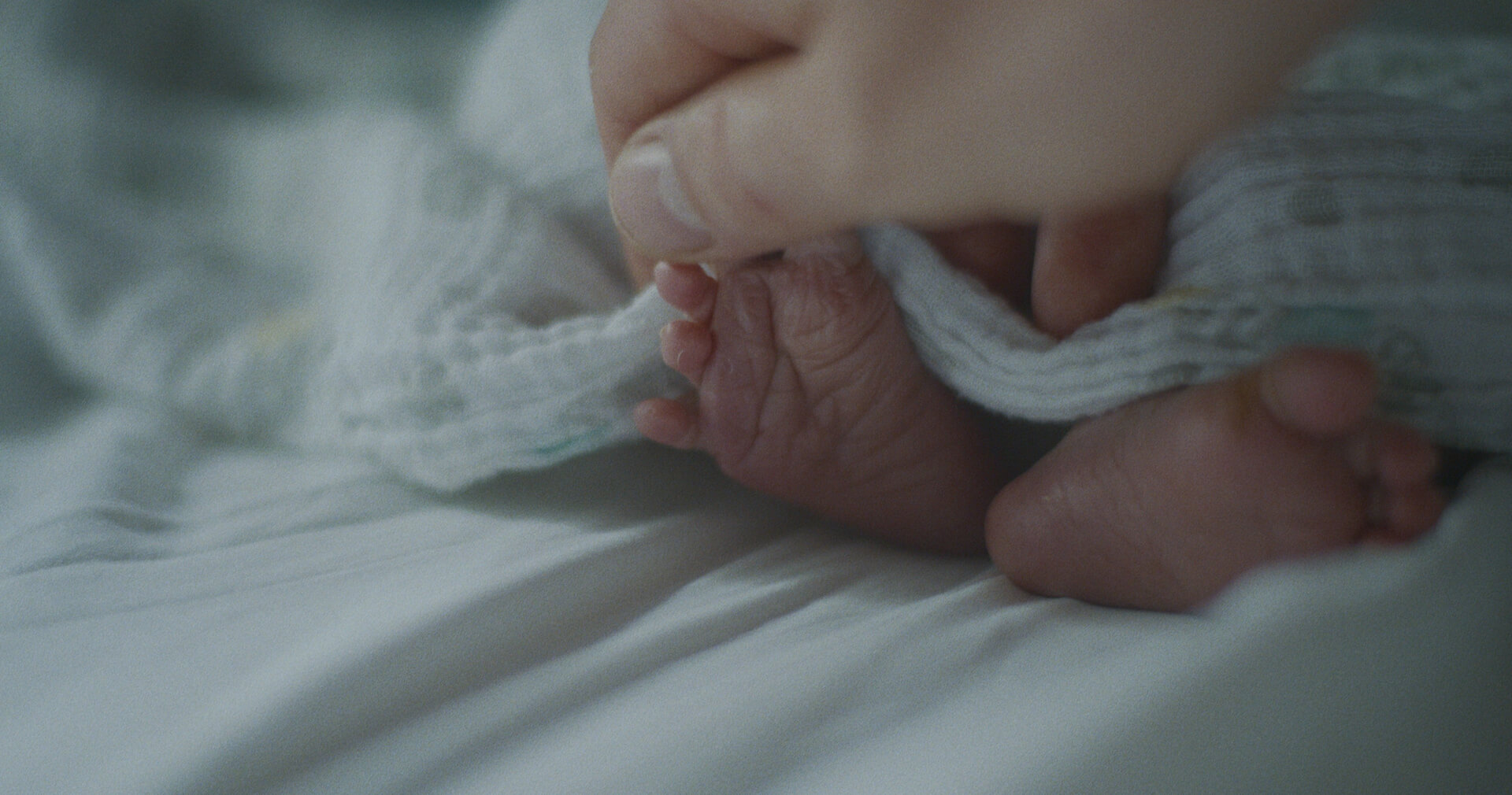
Filmsupply: To My Child?
Michael Marantz: Yes. It’s literally to my child.
When did you know you wanted to make this?
The idea for the film came really soon after my son Orion was born. I would say within two weeks there was an inkling of something, and I think the impetus was like, “Hey, how do I make something that will help him live his life if for some reason I’m not around in the future?”
And kids weren’t always in my plan. Before I met my wife, I used to always say “I’m married to my work, I’m married to film”, and I hate to be cliche here, but cliches are cliches for a reason, when I met my wife Isabelle everything changed. But I realized that there was this whole beautiful part of life that I wasn’t experiencing and children were a really big part of it. So the intention became how do I give my son almost like a filmic love letter and not too heavy-handed guide, something that he could watch to help be a guide on his path of life?
Do all of these moments come from moments or similar moments to things you’ve experienced?
I think to a certain extent it’s all my personal experience, right? It’s not necessarily personal experience, in that I faced that exact situation. The intent was how do I create a moment where I know I faced a choice that felt like that. That was as difficult as what the character is facing, where I felt what that main character feels, right?
The big, personal experience scene for me was the doctor-scene. I had cancer in my early 20s and that was a huge transition point for me in my life. It took years to kind of digest it and figure out what I felt from it. And I think that moment to me, it was… totally a punch in the gut.
I feel like, yeah, at any moment, this could happen, I could die. I had to face my mortality. This is a limited time that we have here. And so, instead of that leading to more fear, what that actually did was the opposite, was it led to freedom. It led to this; okay great! Each moment matters, each decision matters and each thing matters because I won’t be around forever. But at the same time, don’t let that shackle you in fear of; well, if this decision matters so much, I can’t… I’m paralyzed for making a decision right now. That’s not the answer. For me it was; I’m alive! All right. What am I going to do about it.

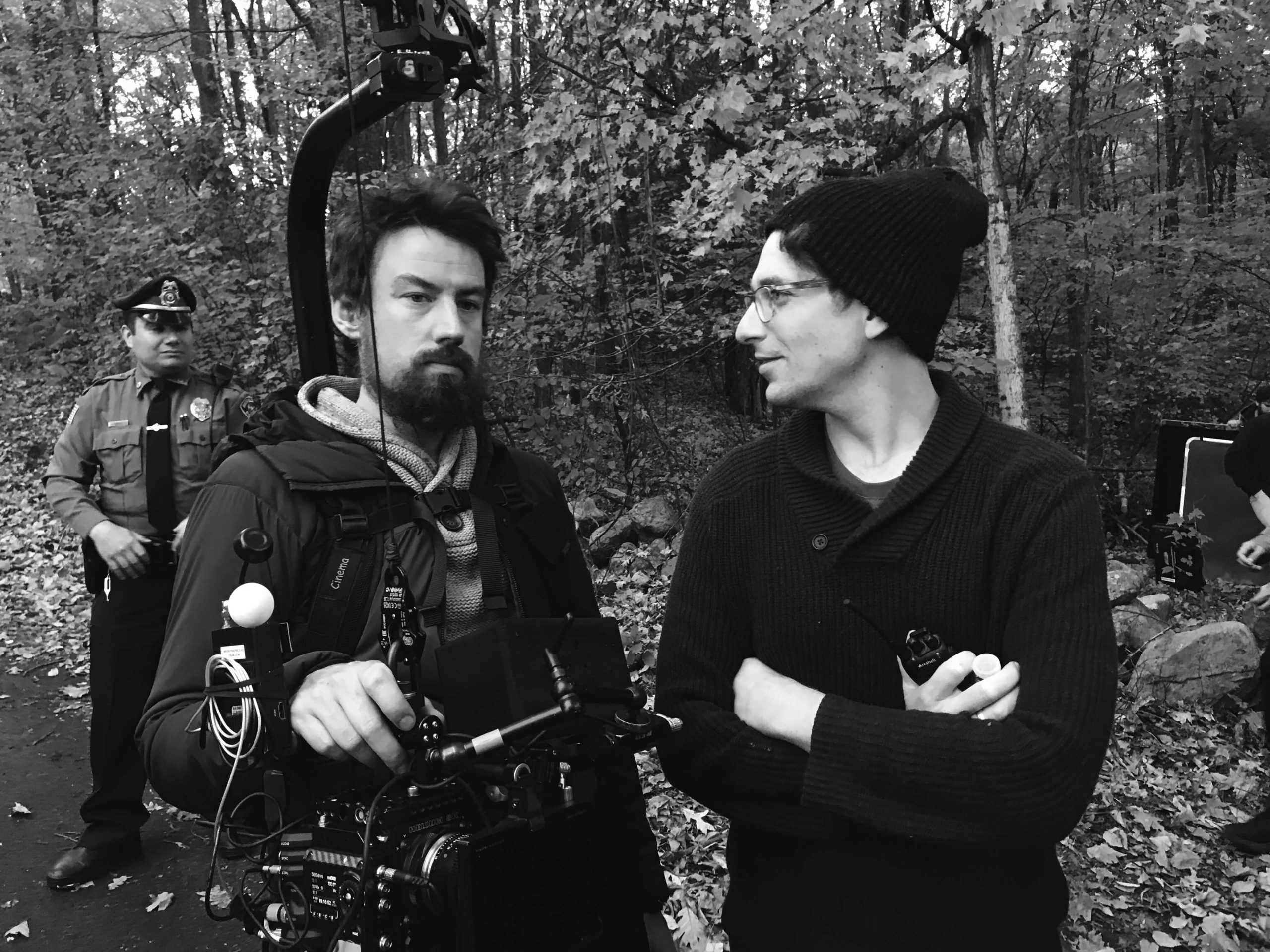
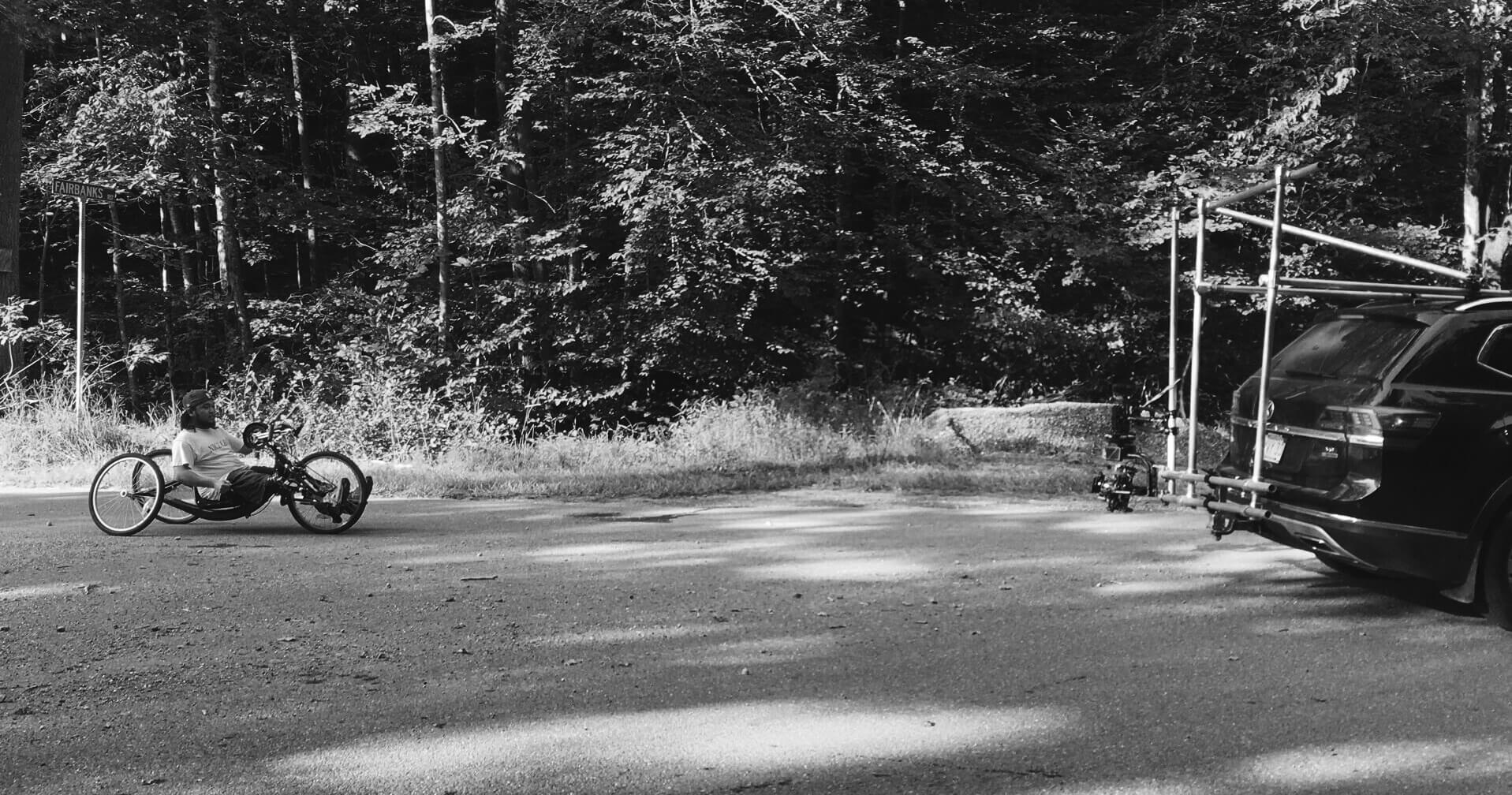
There are so many different ways you can take an idea like that, how did you approach fitting something that big into a three and a half minute film?
I just started a huge, huge list. For me, it was never about the individual scenes. It was about how do I get across the point of this; you will face so many choices in your life. They’re going to be big. They’re going to be small, and there are going to be a lot of them. I’m not going to tell you what to do. You’re going to need to make that decision for yourself. But, what I will say is this, like the final scene; life does end, and each choice does matter. And hopefully you live a life where you’ll look back on it and say, I wouldn’t change a thing.
That’s part of the difficulty of the project, right? And I think some might even look at it now and say, what it’s failing is, is that I chose some of these really, really big moments. It’s hard to make a film about just one of those moments and I’m trying to take all of them and put them into one, which sometimes can get a little cliche. But I don’t care because this isn’t for art. This is for my kid.
Eventually I narrowed it down to 19 scenes. Then we planned it over like three production days. But over the course of six months, so we would have some winter shots, some fall shots, some summer shots. I wanted it to feel like life.
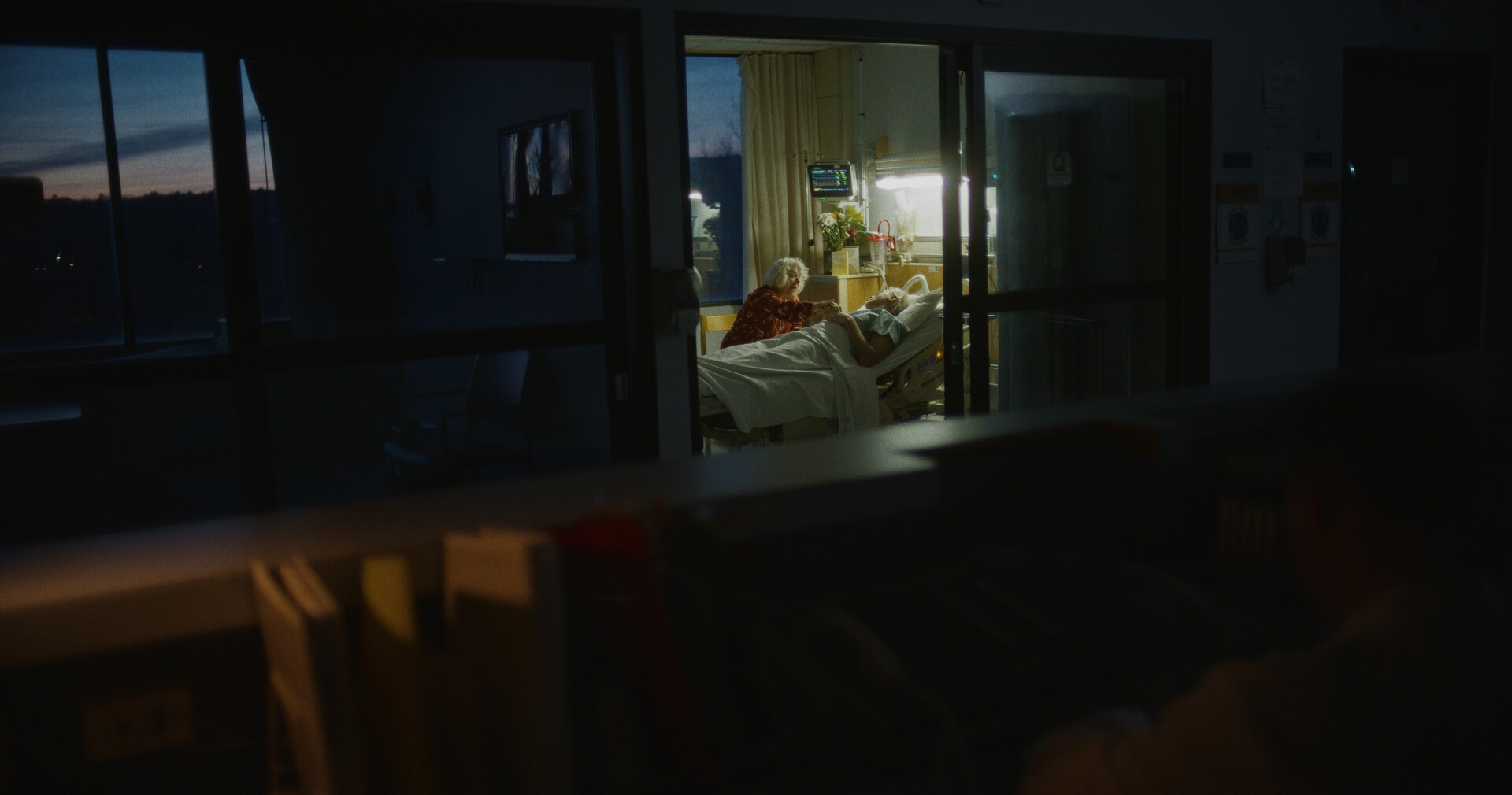
Let’s talk about that ending scene, where did that come from?
It was actually one of the first scenes that I thought up. Which typically happens in the films that I make. I usually think of the final scene first. It was like, what could I think of as the sweetest, most bittersweet ending to life? Well, I really would love my wife with me when I pass. Sucks that I’m passing, but I want to be with her, expressing our love with each other. Because at the end, that’s all that really matters.
That feeling of belonging and not alone, I think that’s what we’re all seeking in some way, shape, or form. That felt like a good way to end. And that scene was a huge moment in production. When that happened and we got that incredible performance out of the woman, Berry, with the song. she is just amazing. When that happened I was like, okay, we have a film.
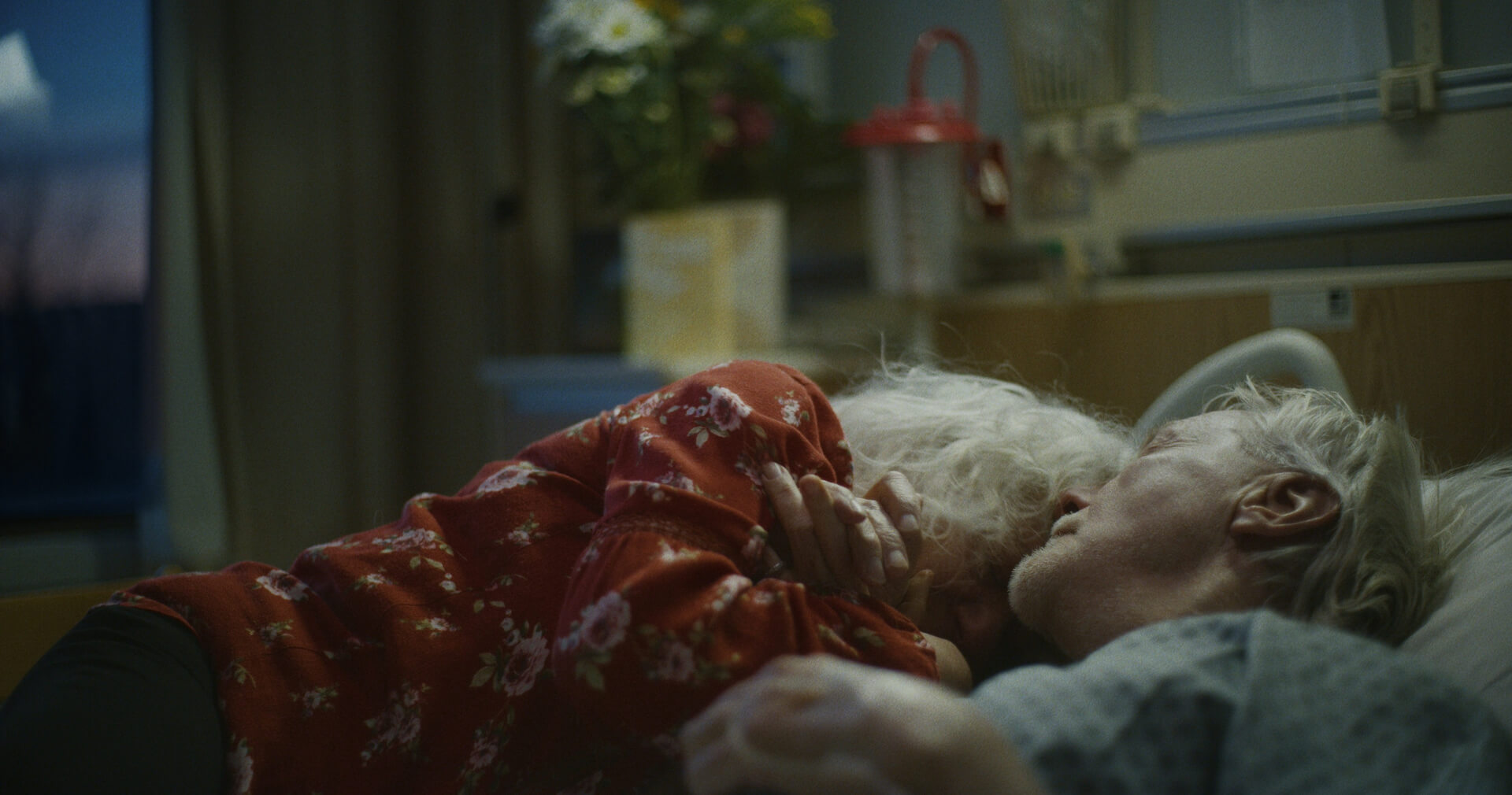
What drives you to do these types of projects, projects with a purpose?
This comes back to what I mentioned earlier, coming out of my experience with cancer. I don’t spend my time on bullshit. Everything should have a meaningful reason of why you’re doing it.
How are you going to tell stories and how are you going to make people feel something if you’re not living life yourself? Werner Herzog said “Filmmaking – like great literature – must have experience of life at its foundation.” If you just stay focused on filmmaking, you’re going to have a very narrow view of your life experience and of life itself.
For me, it’s been really interesting, since being married and having kids I’ve had more time to just live life and I feel like I’ve actually been more successful as a filmmaker since then.
I’m not saying that living life will equal success. I’m saying being single track minded, while it will get you forward, isn’t everything. Living life and fully experiencing life is essential. Not just for filmmaking, but for everything. For joy, for living a happy life.
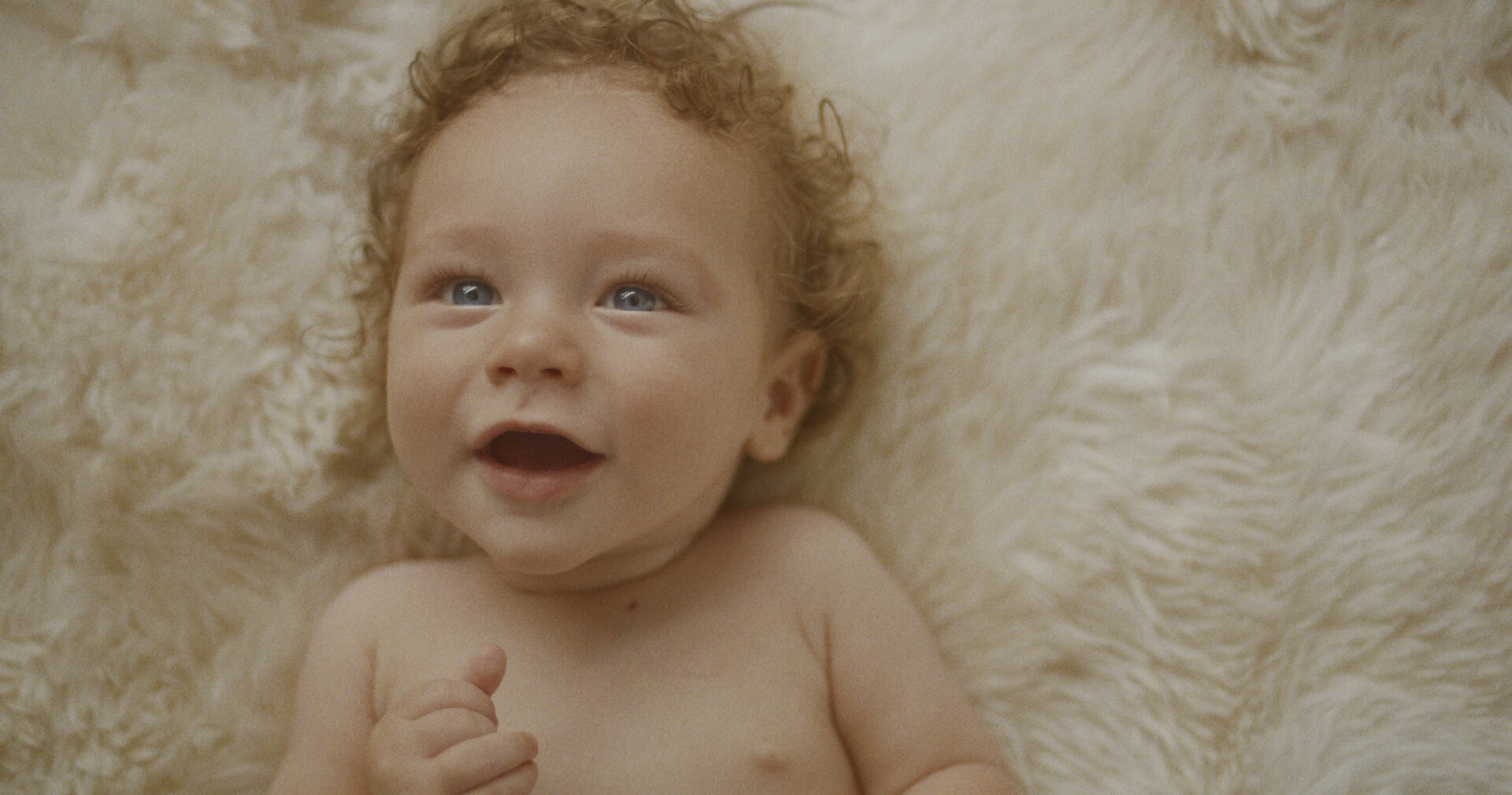
Do you think you accomplished what you set out to do?
I do, I really do.
I don’t want to be prescriptive in what you should feel. But I think part of the point with all of these moments is; the greatest failures of greatest challenges in my life have, obviously always in hindsight, been the most important events that have ever happened to me to help me live my life. Even if you make the wrong choice or handle the challenge poorly, in hindsight, you learn from it, and that’s okay. It was worth it. That choice or experience was worth it. And you have to look at it that way. You can’t regret it.
The way you’re able to reflect on these challenges and failures without a doubt determines whether or not you can live a happy life because we’re all going to face challenges. It’s what you do with them. It’s how you react to them.
I hope that’s something everyone can experience and appreciate. But it’s for my children, it’s for Orion and now, Aluna too, and I hope it’s meaningful for them.

